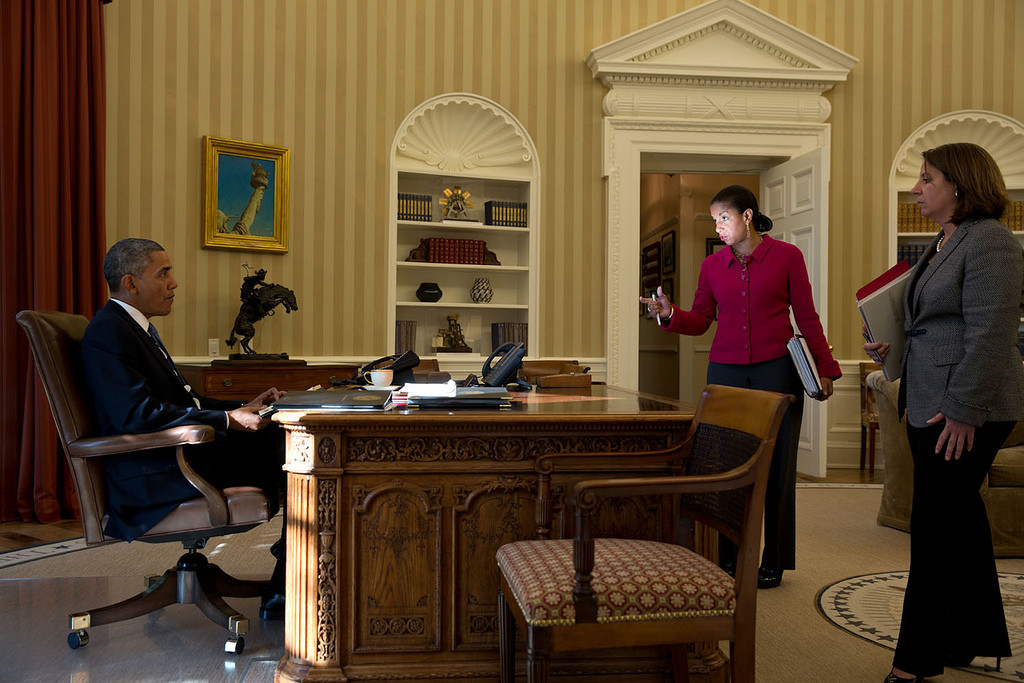NSA’s inspector general put on leave for retaliating against a whistleblower
National Security Agency’s top watchdog George Ellard has been put on administrative leave after a high-level Intelligence Community panel found him guilty of retaliating against a whistleblower. Although Director Michael Rogers sent a proposed termination notice to the Inspector General, Ellard still is an agency employee while on administrative leave. He appealed this decision, and a response from Secretary of Defense Ash Carter is currently pending.
In 2014, Ellard openly criticized Edward Snowden, the former contractor who publicly exposed NSA’s domestic surveillance program by leaking a vast amount of classified emails. Snowden argued that he feared retaliation when he tried to report the government’s domestic eavesdropping. Ellard, on the other hand, claimed that he could have resolved all the complaints if they were brought to him. Given the circumstances, Snowden’s fear of reprisal may have been based on solid ground.

Rogers’ decision to recommend the IG’s termination comes after a whistleblower reported a financial misconduct within NSA officials. In a short email sent to The Associated Press, the insider explained that after expressing his concerns over an alleged fraud committed during a conference in Nashville, Tennessee, his name was disclosed to Ellard. However, this private information has been sent in violation of rules that protect government employees who blow the whistle. Although it is still unclear who revealed the relator’s identity to the NSA watchdog, he (or she) was quickly denied an assignment within the office of investigation. After an eight-month investigation, a coordinated panel of inspectors from the Justice Department, CIA and Treasury decided to suspend Ellard in May 2016.
This new case is the first one following new qui tam relators’ protection process established by President Obama in 2012. The Presidential Policy Directive 19 (PPD-19) is an executive order created to guarantee intelligence employees the opportunity to report frauds freely within the agencies without fear of retaliation. According to the directive, employees who report an ongoing abuse cannot lose their security clearances, and all the classified information is protected.
In theory, however, the newly-elected President Donald Trump may decide to make this directive void. Although he declared he does not trust the intelligence agencies, his position towards whistleblowers’ protection is still unclear.
Article written by: Dr. Claudio Butticè, Pharm.D.



